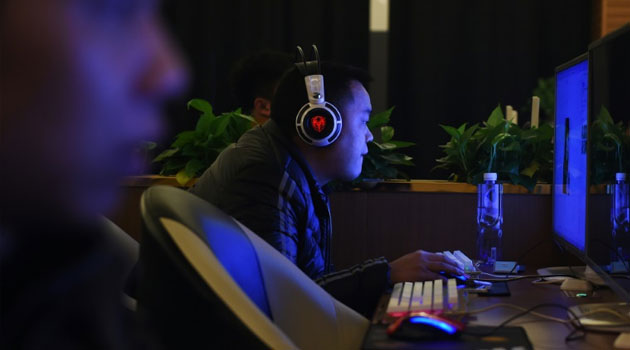
Social media sites; Facebook and Twitter were blocked on the voting day, a move that was widely condemned even as Ugandans explored Virtual Private Networks and alternative browsers and apps in protest/FILE
GENEVA, Switzerland, Jul 4 – Internet shutdown will continue to be a serious violation of human rights after the 32nd UN Human Rights Council adopted a resolution to protect human rights online same way as offline.
The promotion, protection and enjoyment of human rights and internet resolution agreed by consensus denounced internet shutdown giving life to the 2012 and 2014 resolutions that affirmed that human rights shouldn’t apply differently online from offline under the freedoms of free speech and expression.
Closer home to Africa, in February this year, Uganda Communications Commission (UCC) shut down the internet over ‘national security’ threats during the controversial election in which President Yoweri Museveni was re-elected for the fifth term.
Social media sites; Facebook and Twitter were blocked on the voting day, a move that was widely condemned even as Ugandans explored Virtual Private Networks and alternative browsers and apps in protest.
READ: Social media, mobile money blocked as Ugandans vote
Recently, Turkey shut down the internet following a bombing attack while Algeria did the same to ‘prevent exam cheating’.
Ghana which has its general election slated for November has been on the focus after civil society groups protested that the government was planning to follow in the footsteps of Uganda and shut down the internet.
According to human rights reports, there were at least 15 internet shutdowns last year and by June this year, already there have been 20 shutdowns, raising concerns over efforts by oppressive governments to undermine democracy by denying citizens the freedom to express themselves during elections.
According to initiators of the resolution; Brazil, Nigeria, Sweden, Tunisia, Turkey, and the United States of America, internet shutdown usually occurred when access to information is highly critical during sensitive times such as elections or during terrorist attacks.
The 32nd session of the UN Human Rights Convention further adopted a resolution to protect human rights defenders ‘working to promote economic, social and cultural rights with a vote of 33 out of 47 seat Council against six while eight states abstained.
The resolution stemmed from widespread complaints that human rights defenders were facing threats also through new legislations in their countries including their funding and operations.









































